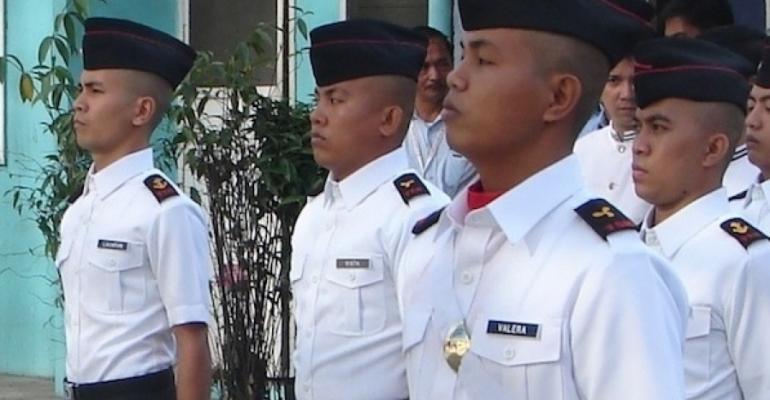Ahead of the debut Global Maritime Club Summit, Seatrade Maritime News spoke to panellists for their views on how the industry can improve conditions for seafarers and prepare for the industry of the future.
John McDonald, Executive Vice President - Chief Operating Officer, ABS said that the maritime industry needs to recognise the huge potential of new technologies in improving safety at sea while remaining vigilant to potential unintentional safety consequences.
“At the same time, the dynamic nature of next generation and gaseous fuels stored onboard creates unique challenges for modern mariners in terms of fuel handling and safety. These challenges can be addressed by proper training based on modern standards from the IMO and shared learning between fleet operators and mariners that have experience with vessels using gaseous fuels such as LNG,” said McDonald.
Technology and new developments alone will do nothing to improve safety or conditions, he said.
“No policy, no technology, no system can deliver a better industry without the right people on the front lines living the changes and making it happen. That means properly trained and educated crew, operating in a safety-first atmosphere and strictly following clear and well-thought-out procedures.”
John Platsidakis, Honorary Chairman, Intercargo, stressed that the industry has already made progress in improving crew working conditions.
“The working environment has changed a lot for the better over, say, the last 20 years. Tenors of employment have decreased, contact with families has improved by available onboard technologies, vessels have been upgraded in terms of living standards, access to internet has enabled the flow of information to seamen. It is an ongoing item and should be pursued; shipping does not wait for the regulations but is reacting well ahead of them,” said Platsikadis.
Henrik Jensen, Managing Director, Danica Maritime Services said one priority should be ensuring fair workloads for seafarers, and taking a holistic view of any changes instead of simply stacking new requirements on top of old ones.
“I think the keyword here is to simplify and standardise things, and have the quality management to focus on decision support rather than to document compliance. Over the years procedures, instructions and checklist have been ever expanding. When a mishap has occurred then the answer to often has been a new procedure and an additional checklist.”
Jensen reflected on whether there were lessons to be learn from other industries like airlines, where safety burdens are more shared.
“I fly a lot and I always think about that airlines must have a huge quality management system to control their operations and maintenance, but the pilots in the cockpit do not have five quality management system folders each with 1000 pages. Pilots have only decision supporting checklists which assist them in the scenarios they go through on a flight or events they may face.”
While Platsikadis believed the industry had been proactive in staying ahead of regulatory minimums, ICS Secretary General Guy Platten focused on the work being done to improve protections for seafarers.
“Seafarer welfare is paramount. Measures like proportionate access to emails so seafarers can stay connected are currently being discussed at the ILO in Geneva and will result in some strengthening of rights under the MLC 2006,” said Platten, adding that a separate review of STCW is underway and the IMO hopes to complete that by 2026.
“In the long term, owners and operators must ensure that workers remain at the heart of policy decisions around shipping’s digitisation and decarbonisation.”
_______
The Global Maritime Club Summit – in association with Seatrade Maritime – will be held on Thursday, 9th June in the Posidonia Conference Hall as part of the Posidonia International Shipping Exhibition Conferences & Seminars programme.
The one-day Summit and is free to attend on a first-come, first-registered basis.

